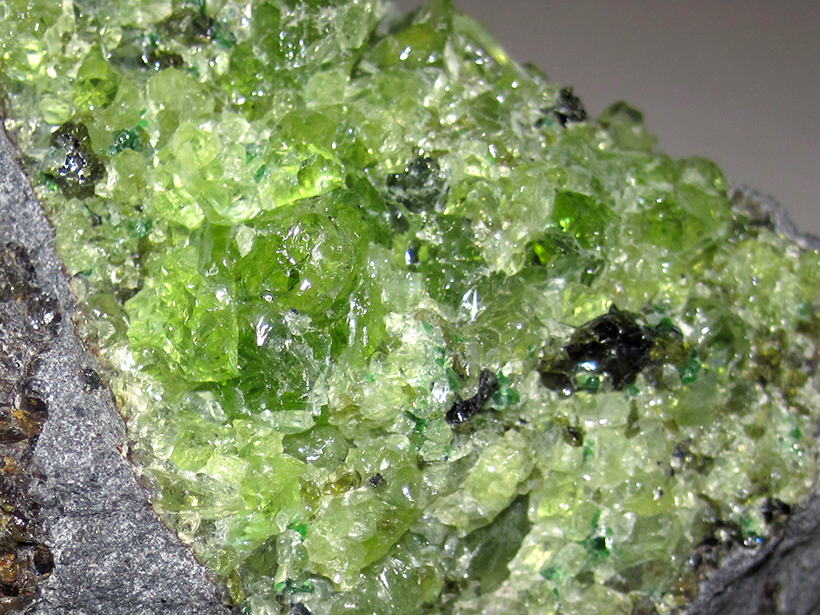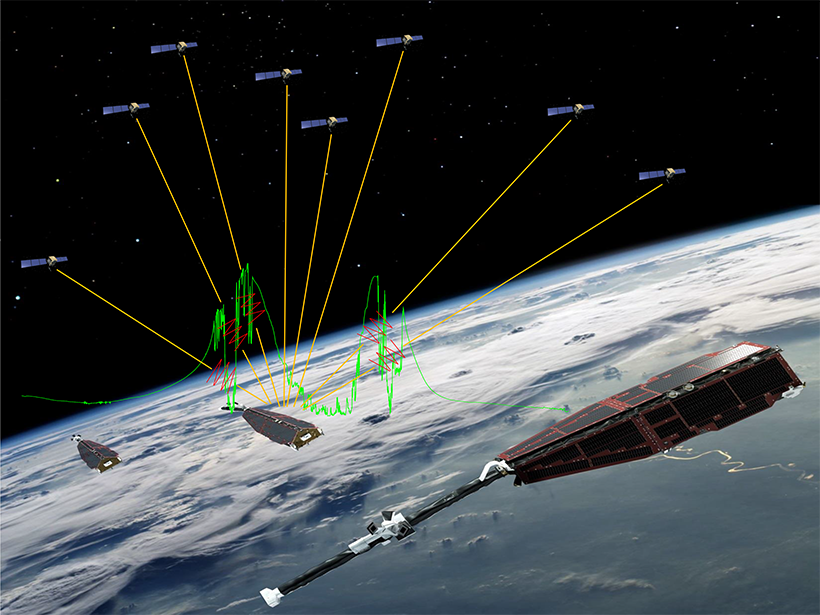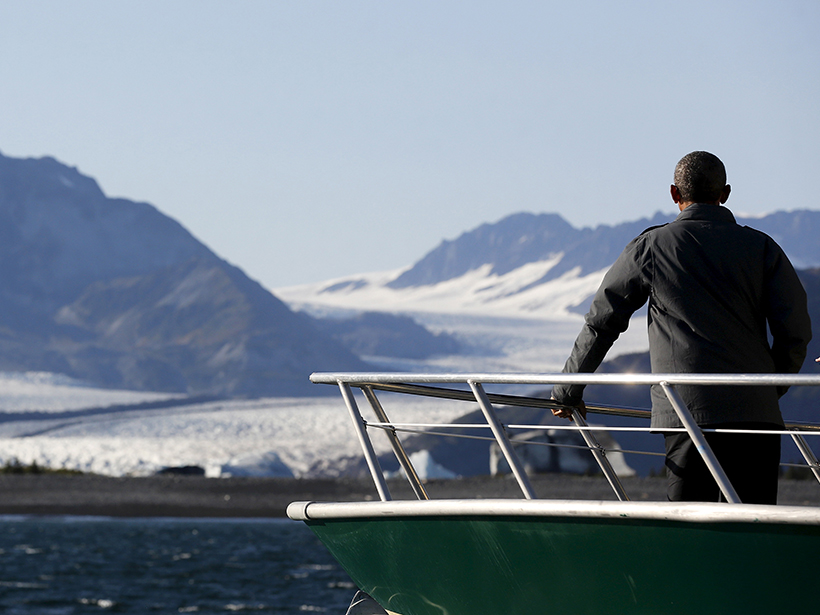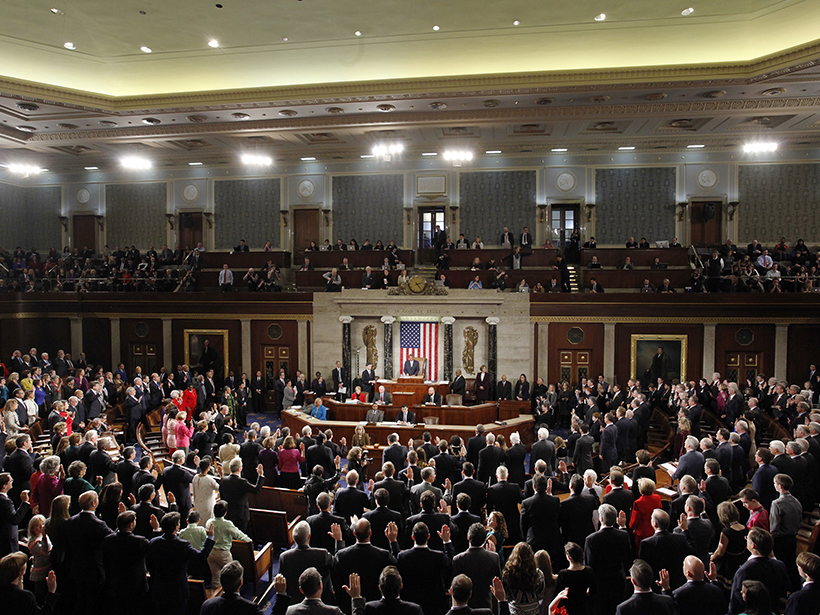A previously unknown species of rock-excavating bees, discovered 40 years ago but not reported in the scientific literature, finally gets the spotlight.
CC BY-NC-ND 2016
Seismological Models Are Biased, but Scientists Have a Solution
Many seismic wave models are based on an erroneous assumption about the Earth's interior. A new technique corrects this by eliminating false signals produced by models.
White House: National Security Plans Must Consider Climate Risks
Along with the new policy directive, the administration released a report on how climate changes—from more extreme weather to sea level rise—can threaten national security.
What Causes GPS Signal Loss on Satellites like Swarm?
Using data from the European Space Agency's Swarm mission, scientists find that abrupt drops in the ionosphere's electron density may cause low-orbiting satellites to lose contact with GPS satellites
Comprehensive Earth System Models of the Last Glacial Cycle
Much of modern climate science fails to consider millennium-scale processes, many of which may prove to be important for predicting the climate trajectory in the shorter term.
Aquatic Plants May Accelerate Arctic Methane Emissions
About two thirds of the gas produced by a study area near Barrow, Alaska, came from increasingly abundant greenery covering only 5% of the landscape, researchers estimate.
Top Arctic Science Diplomats Convene at White House Next Week
Precipitous transformations from climate change add impetus for this international meeting to guide cooperative research in the northern polar region, U.S. official says.
We Need a New Definition for “Magma”
Confusion over the meaning of "magma" can generate popular misperceptions, including a nonexistent molten sea underneath Yellowstone National Park. We propose a different definition.
What Drives Variation in the Ionosphere’s Electron Density?
The long-term trend in the electron density of the ionospheric F layer may be natural, not man-made.
Congressional Caucus for Earth and Space Sciences Gets Launched
Organizers of the bipartisan caucus say it will urge sustained federal investments in Earth and space sciences, educate members of Congress, and provide a forum for relevant policy discussions.









